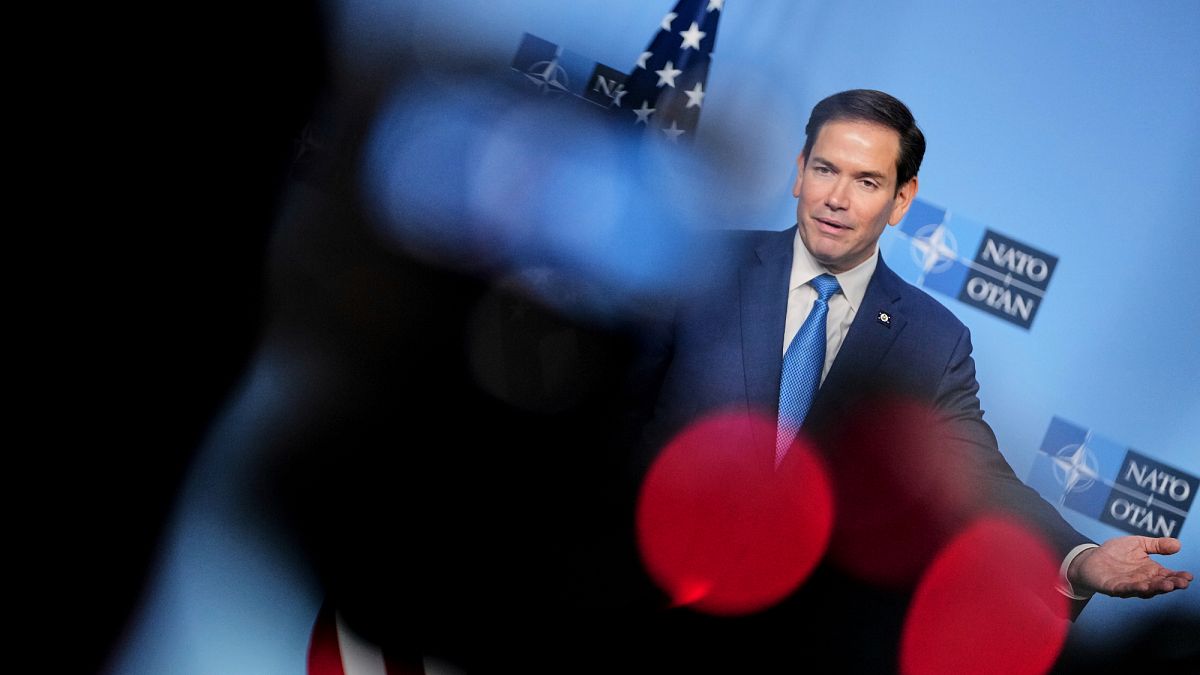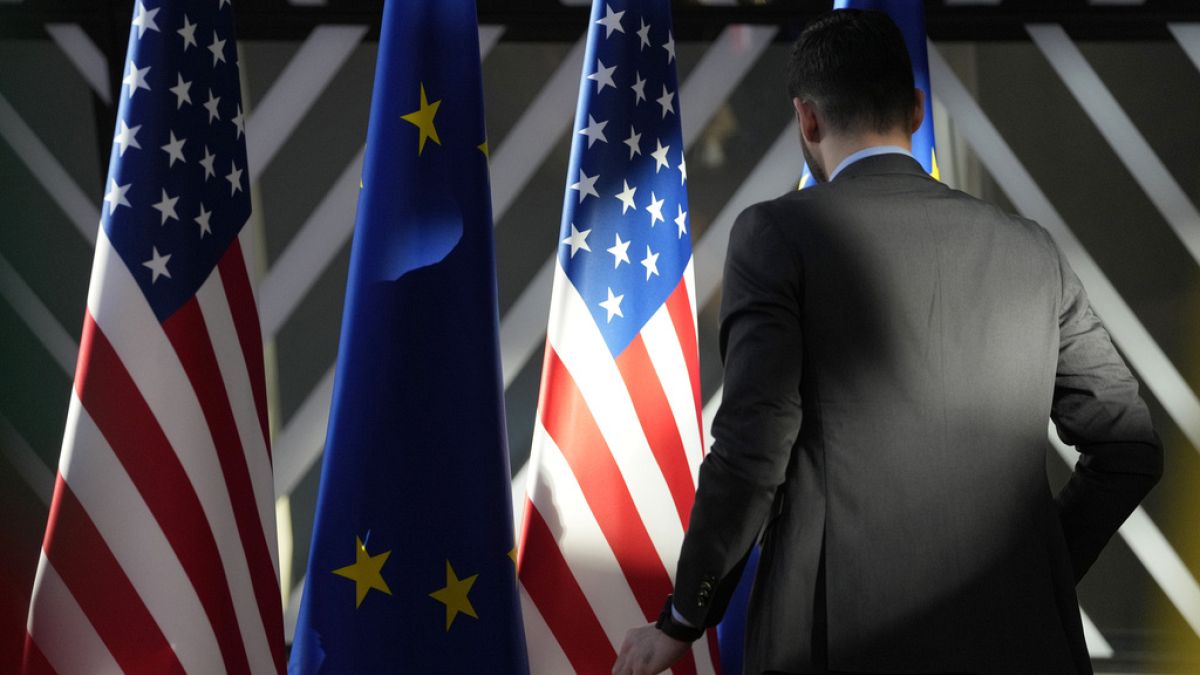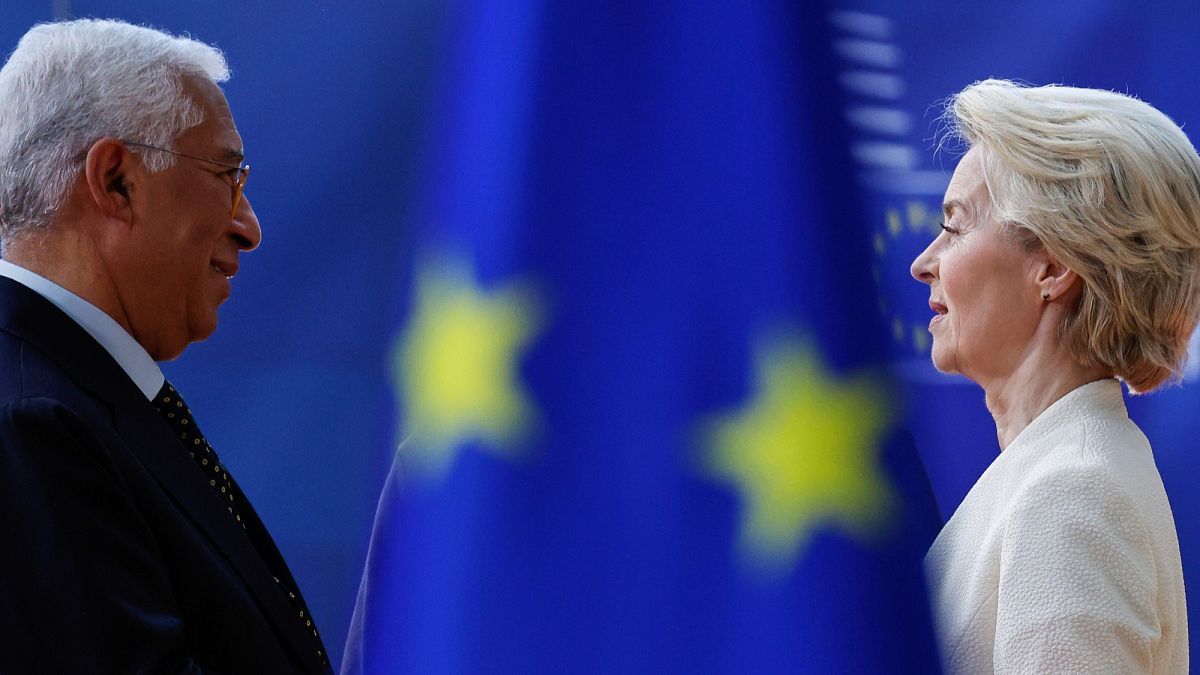Lawmakers of the European Parliament’s Legal Affairs committee have demanded clarity from the European Commission on its intention to withdraw a proposal on Standard Essential Patents (SEPs) ahead of a hearing with the EU commissioner in charge, Stéphane Séjourné, on 23 April.
Several politicians including rapporteur Marion Walsmann (Germany/EPP), the chair of the Legal Affairs Committee, Ilhan Kyuchyuk (Bulgaria/Renew), and MEP Tiemo Wölken (Germany/S&D) have written to the Commission on the withdrawal.
The withdrawal came as a surprise to many.
In April 2023, the Commission published its plan for a regulation on SEPs, which are patents that protect the technology deemed essential in a technical standard or specification, used in the automotive, smart energy, and payment industry.
The rules were aimed at improving transparency and predictability in SEP licensing, to ensure fairness and efficiency in the licensing process, limit costs that can arise from disputes, and to incentivise patent holders to create products based on the latest standardised technologies that will benefit businesses and consumers.
The current SEPs market is fragmented, with no organisation in charge of informing firms about who holds which key patents and how much they ask for their use. This makes it difficult for companies to develop new devices using the technologies covered by these patents.
The Parliament had already adopted its negotiating position on 28 February last year (with 454 votes for, 83 against and 78 abstentions).
Walsmann said at the time of the committee vote in January 2024 that it will “bring much-needed transparency to an opaque system, make negotiations fairer and more efficient, and strengthen European technological sovereignty.”
However, in early February, the EU executive announced the intention to scrap the file, claiming that there is “no foreseeable agreement”, and that it will assess “whether another proposal should be tabled or another type of approach should be chosen.”
In the EU Council member states are divided about the way forward with SEPs. A group of five countries including Germany sent a letter on 27 March to the Polish Presidency calling for negotiations to be continued in the Council.
“The withdrawal of the text came as a surprise to us,” a diplomat from one country which did not sign the letter but wanted to pursue the talks told Euronews, “we need to be able to change the Commission's mind with arguments. We were in the process of negotiating a compromise.”
The Commission has until August to formally scrap the file, after consulting the member states and European Parliament.

 22 hours ago
4
22 hours ago
4






 We deliver critical software at unparalleled value and speed to help your business thrive
We deliver critical software at unparalleled value and speed to help your business thrive






 English (US) ·
English (US) ·